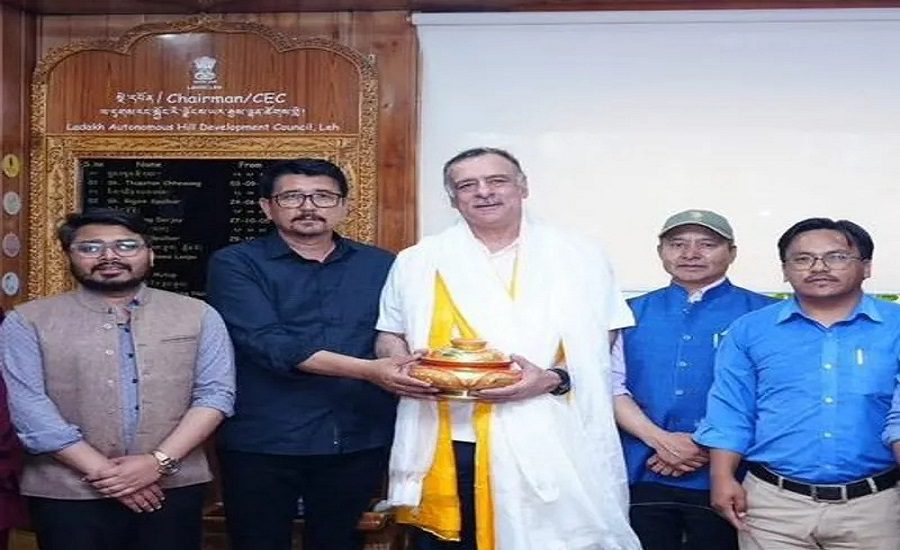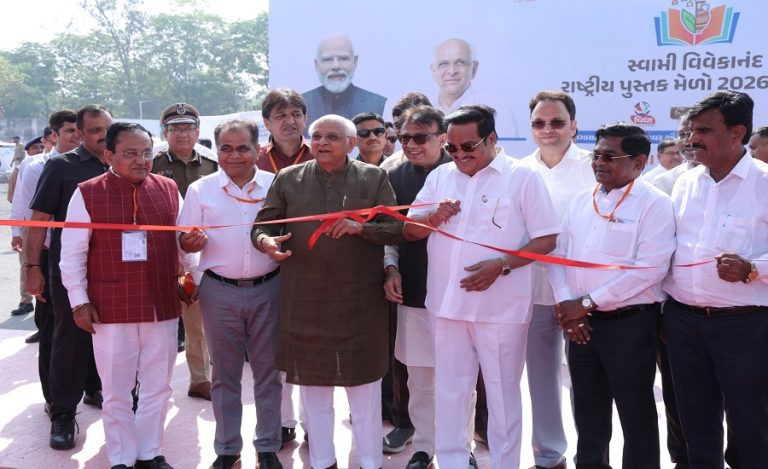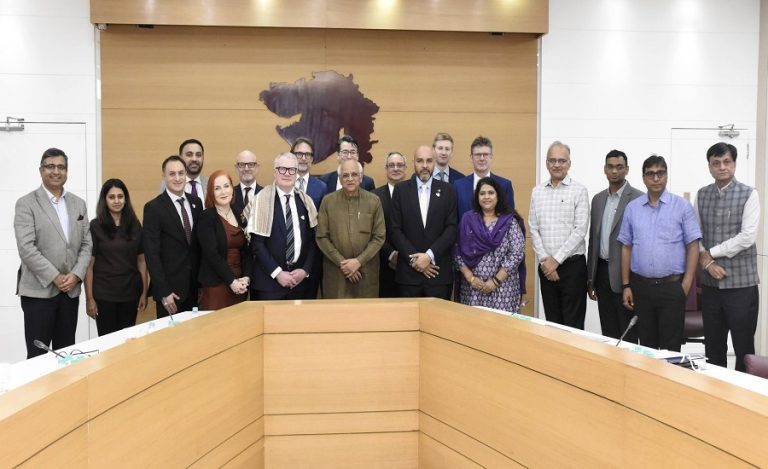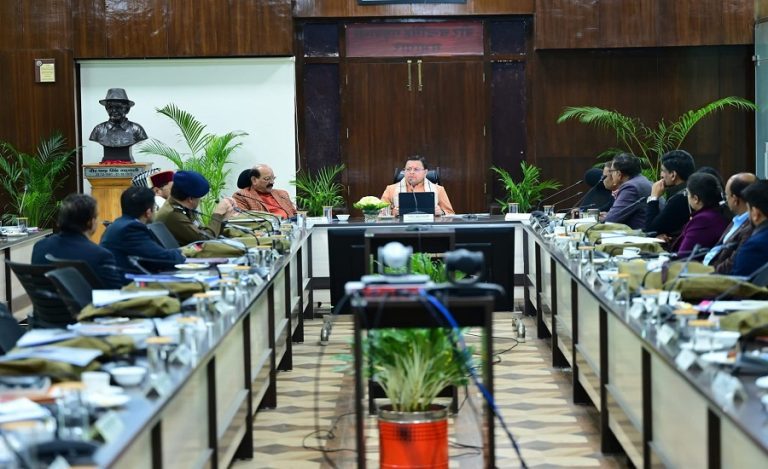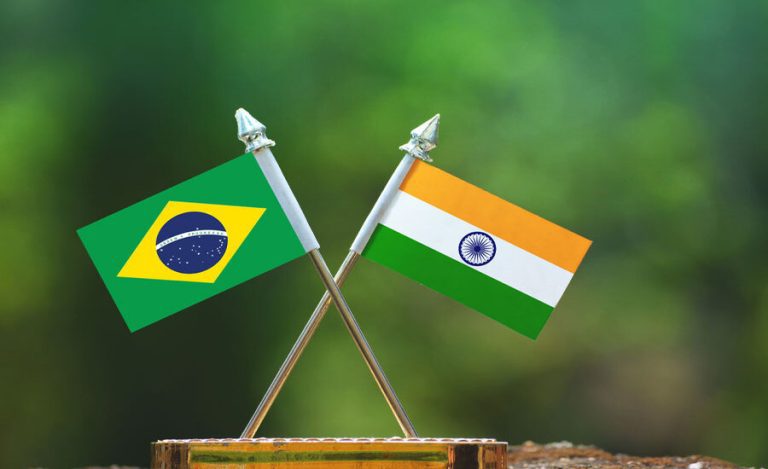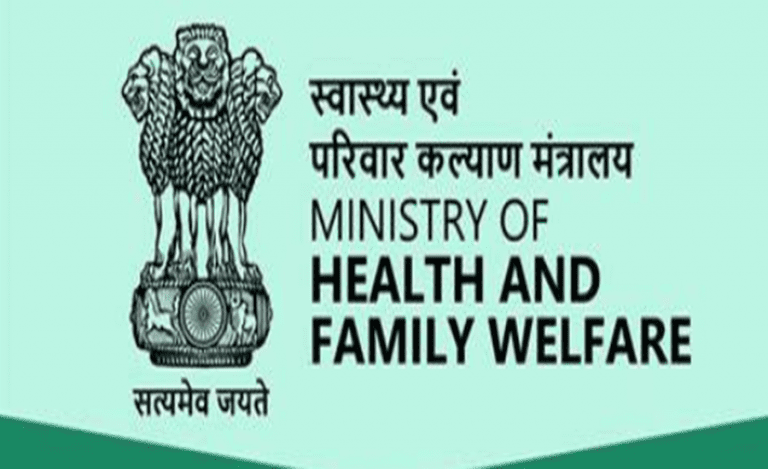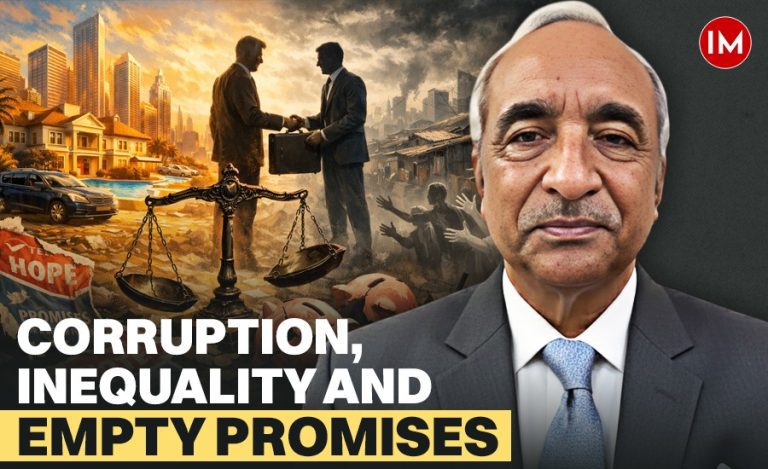Srinagar: In a noteworthy political development from South Kashmir, former Indian Forest Service (IFS) officer Sajad Mufti has re-entered public life, rekindling his political engagement after several years of bureaucratic service. Mufti, who recently retired as Chief Conservator of Forests and Chief Wildlife Warden of Ladakh in June 2025, confirmed that he has resumed grassroots interactions.
“I have started interacting with my people,” he told local media, while clarifying, “I currently have no intention of joining any political party.”
From Bureaucracy to Politics — and Back
Mufti’s political journey began in 2014, when he took voluntary retirement from the IFS to join the Peoples Democratic Party (PDP), then led by his uncle, the late Mufti Mohammad Sayeed. Quickly rising through the ranks, he became a visible face for the party in South Kashmir during a period of significant political churn in the region.
However, in the following years, Mufti withdrew from active politics and eventually returned to government service in 2020, resuming his bureaucratic duties until his superannuation in June 2025.
read also: Jammu’s Green Leap: Forest Department & JMC Launch First State-Owned Miyawaki Forest in Qasim Nagar
Back in the Political Arena, But Party-Neutral for Now
While Mufti has not aligned himself with any political formation, his renewed public engagements suggest a re-entry into electoral or political advocacy spaces—especially in South Kashmir, where he retains significant local goodwill.
Political observers note that his name recognition, administrative experience, and political lineage make him a figure to watch, particularly in the run-up to any future elections in the Union Territory.
Strategic Timing?
His return comes at a time when Jammu and Kashmir’s political landscape remains in flux, with several former politicians and bureaucrats testing the waters amid speculation about future assembly elections. Though Mufti has not declared any electoral ambitions, his presence in the political space again is seen as strategic and potentially impactful, especially in areas like Anantnag and Kulgam.
Conclusion:
Sajad Mufti’s return to politics—albeit in an independent, exploratory form—adds a fresh layer to the evolving political narrative in Kashmir. Whether he remains an independent voice or eventually aligns with a party remains to be seen, but for now, he appears focused on reconnecting with his grassroots base and rebuilding his political relevance post-retirement.

